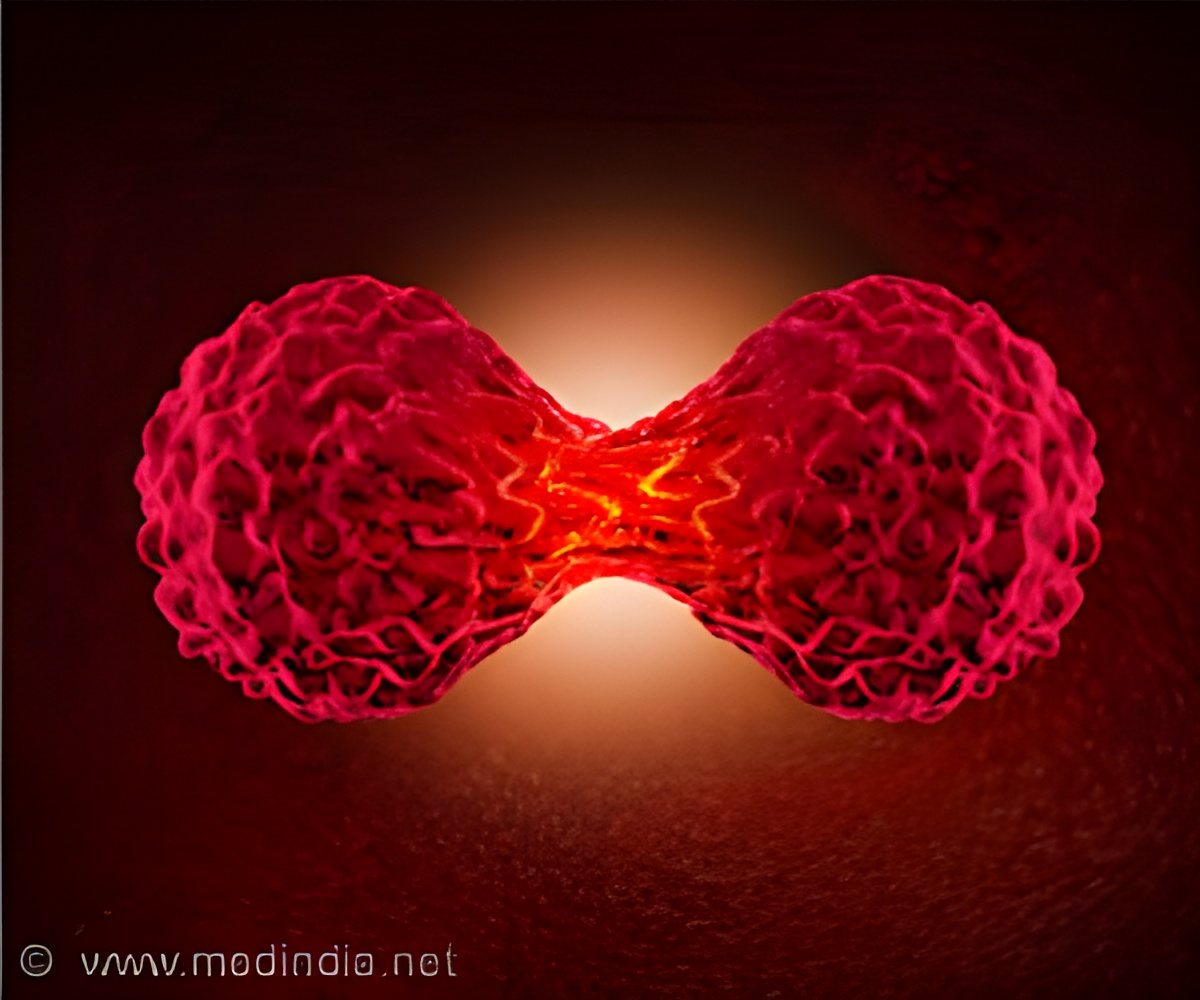An artificial intelligence (AI) tool has been developed to cut the time of developing radiation therapy plans down to mere hours.

‘Artificial intelligence (AI) tool developed can cut the time of developing radiation therapy plans to mere hours and help doctors to concentrate on improving other treatment options.’





Their software uses artificial intelligence (AI) to mine historical radiation therapy data. This information is then applied to an optimization engine to develop treatment plans. The researchers applied this software tool in their study of 217 patients with throat cancer, who also received treatments developed using conventional methods.The therapies generated by Babier's AI achieved comparable results to patients' conventionally planned treatments and it did so within 20 minutes. The researchers recently published their findings in Medical Physics.
"There have been other AI optimization engines that have been developed. The idea behind ours is that it more closely mimics the current clinical best practice," says Babier.
If AI can relieve clinicians of the optimization challenge of developing treatments, more resources are available to improve patient care and outcomes in other ways. Health-care professionals can divert their energy to increasing patient comfort and easing distress.
"Right now treatment planners have this big time sink. If we can intelligently burn this time sink, they'll be able to focus on other aspects of treatment. The idea of having automation and streamlining jobs will help make health-care costs more efficient. I think it'll really help to ensure high-quality care," says Babier.
Advertisement
Once the software has created a treatment plan, it would still be reviewed and further customized by a radiation physicist, which could take up to a few hours.
Advertisement
Trained doctors, and often specialists, are still necessary to fine-tune treatments at a more granular level and to perform quality checks. These roles still lie firmly outside the domain of machines.
For Babier, his research on cancer treatment isn't just an optimization challenge.
"When I was 12 years old, my stepmom passed away from a brain tumor," Babier shares.
"I think it's something that's always been at the back of my head. I know what I want to do, and that's to improve cancer treatment. I have a family connection to it. It adds a human element to the research," says Babier.
Source-Eurekalert















